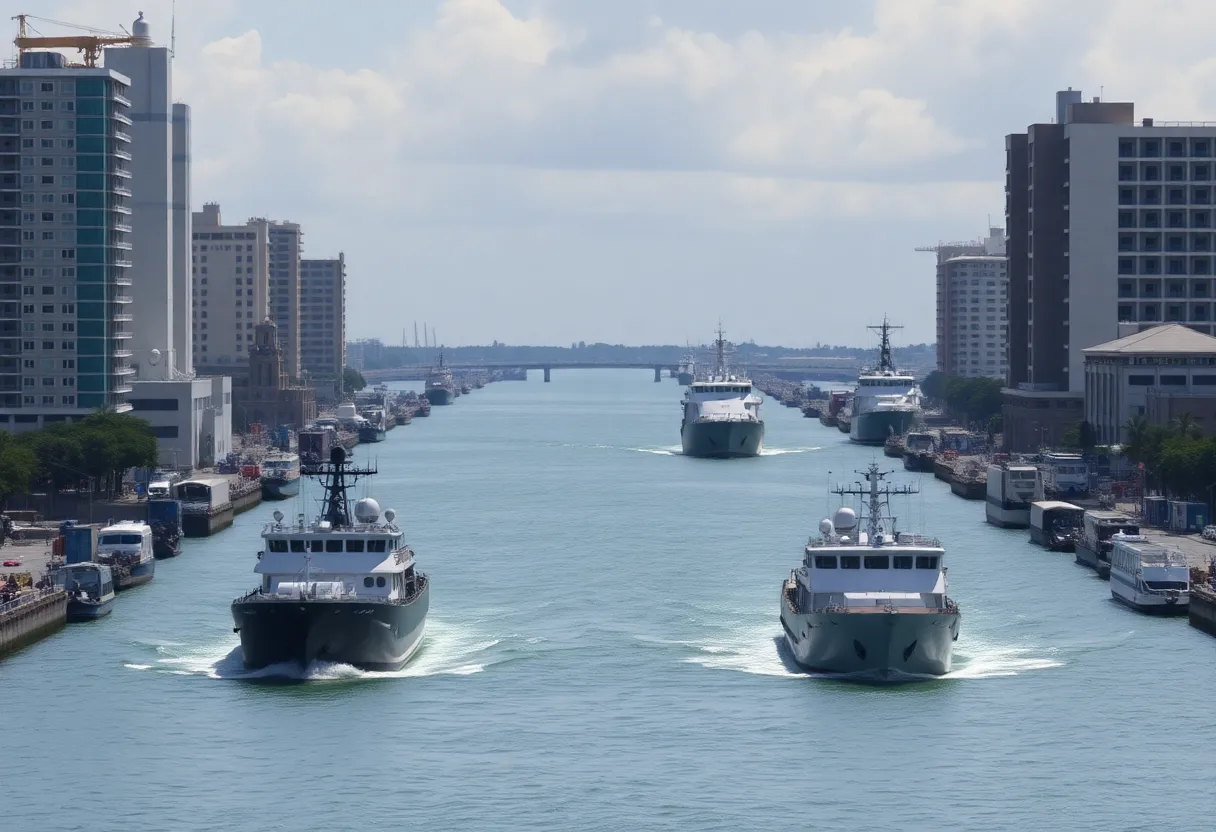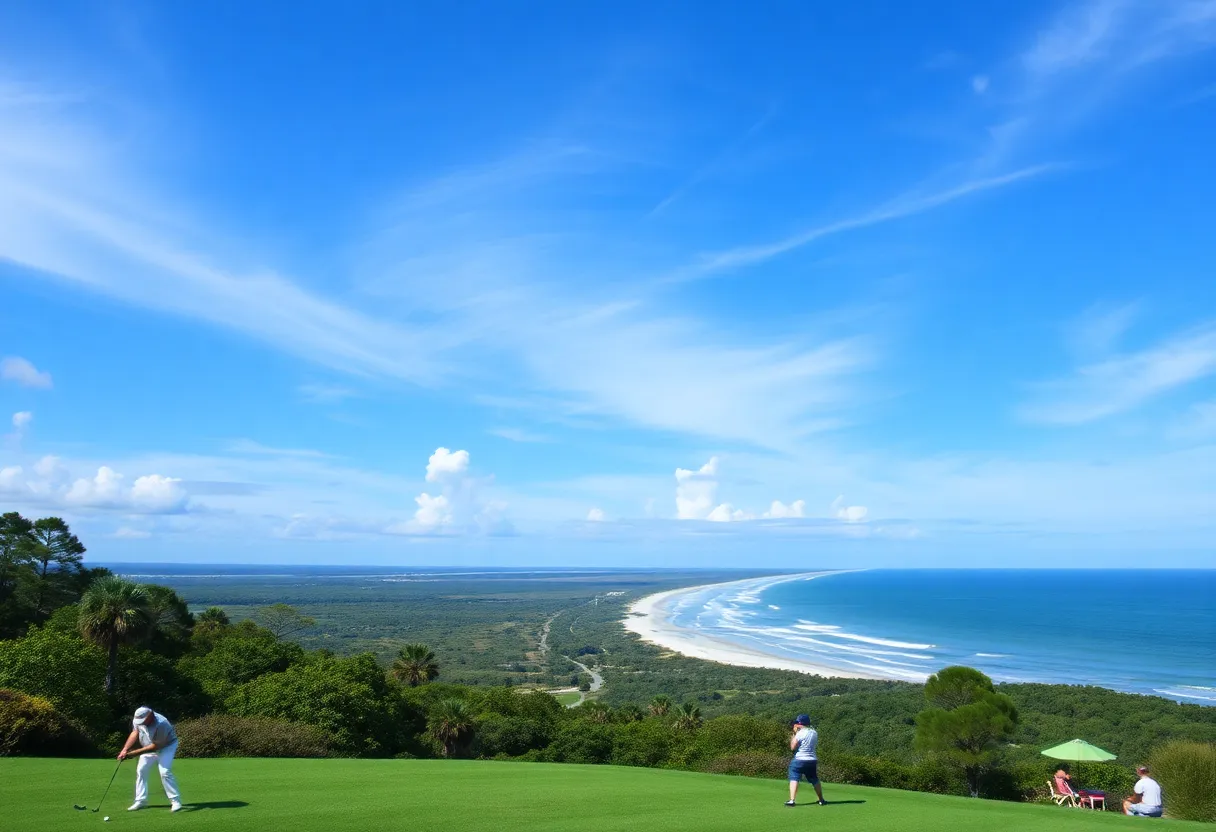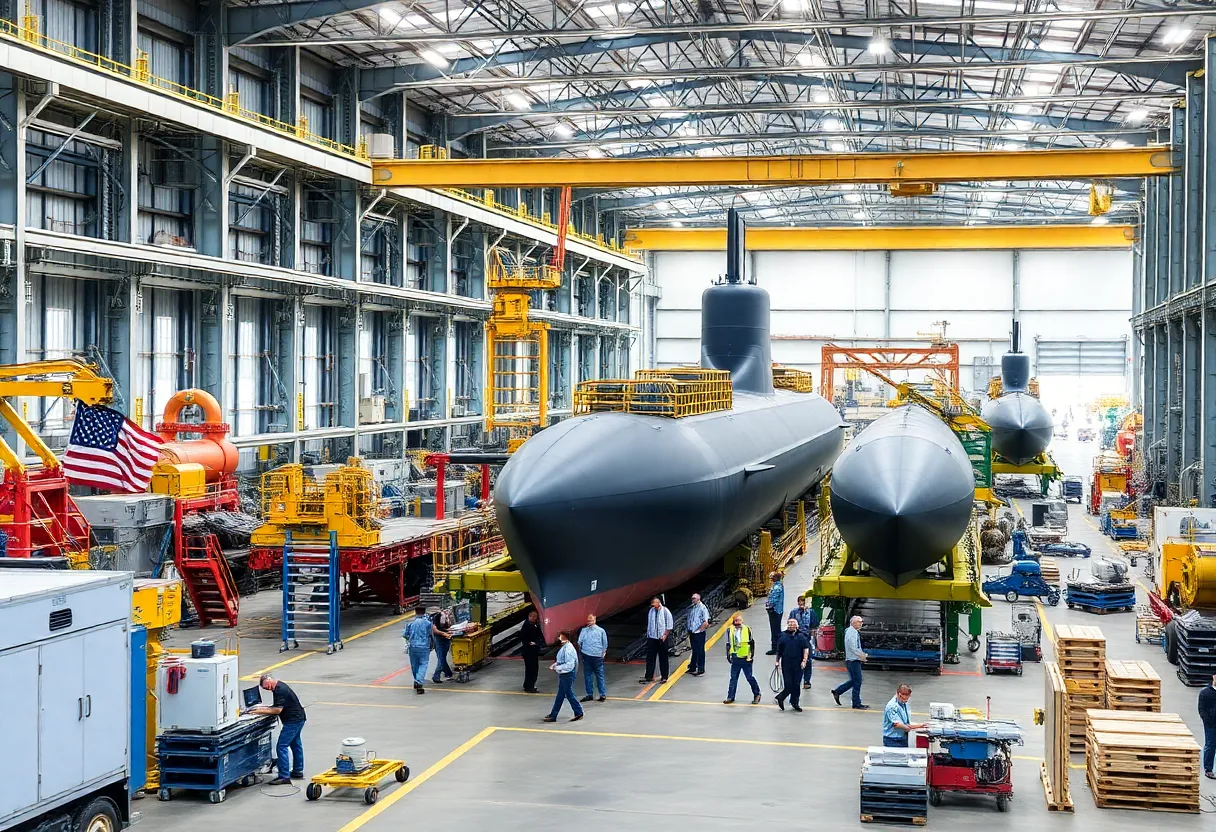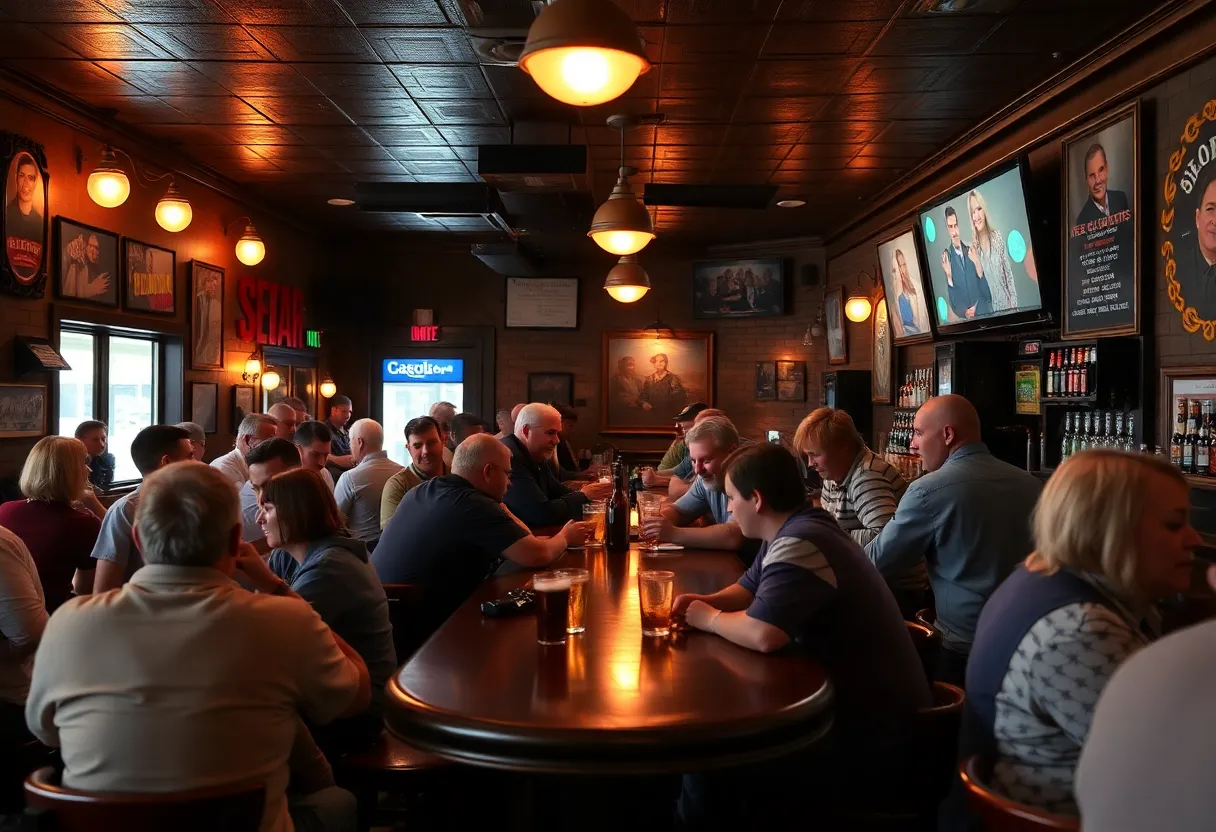News Summary
During his visit to Panama, the US Defense Secretary suggested the possibility of establishing a military base to secure the Panama Canal. This proposal faced immediate rejection from local leaders, who expressed national pride and concerns over sovereignty, reflecting a tense geopolitical climate. The discussion ties into larger issues regarding trade, US-China relations, and historical context, with implications for military focus in Latin America versus Europe.
US Defense Secretary Suggests Military Presence in Panama, Faces Swift Rejection
The recent visit of the US Defense Secretary brought some eyebrow-raising suggestions concerning the Panama Canal. During his time in Panama, he floated the idea of establishing a US military base within the country to help “secure” the canal, causing quite a stir among local leaders.
Military Bases on the Table?
The defense chief mentioned possibly reviving old military bases or naval air stations in Panama. His comment that this could be done “by invitation” raised questions and concerns among Panamanians. After all, the US invaded Panama 35 years ago, aiming to oust the infamous dictator Manuel Noriega. This historical context makes any talk of a military presence far more than just casual chatter.
Talking Trade
The Defense Secretary pointed out the US Navy’s grievances regarding transit through the canal, claiming that ships have been “severely overcharged” for passage. This aligns with previous statements made by President Trump, who articulated concerns about China’s growing influence over such a critical waterway. The canal is no small matter, as it handles about 40% of US container traffic and accounts for about 5% of global trade.
The Drive to Reclaim Control
Adding more fuel to the fire, the Trump administration has expressed intentions to “take back” control of the canal, a project that the US funded, built, and controlled until the handover in 1999. The Defense Secretary’s commentary coincided with a recent deal signed with Panama which he described as a window to enhance military cooperation, particularly image-building efforts with Panamanian troops.
Local Response
However, outright rejection came swiftly from Panama’s leadership. The government, led by President José Raúl Mulino, wasted no time in dismissing the idea of reintroducing US military bases. The Security Minister firmly stated that “we cannot accept military bases or defense sites.” This sentiment underscores a strong sense of national pride regarding Panama’s ownership of the canal.
Financial Talks Regarding the Canal
Compensation for warships utilizing the canal was another point of contention that Panama’s Minister for Canal Affairs brought into the spotlight. He affirmed that the services rendered for warship tolls would not be offered for free, catering to the country’s sense of sovereignty. The Panama Canal Authority is actively looking to implement a protective “cost-neutral scheme” for servicing military vessels, foregrounding the principle of adhering to their national rights.
Geopolitical Underpinnings
The backdrop of this military discussion isn’t just about logistics; it’s tied to broader geopolitical concerns. The Defense Secretary’s visit included commentary about countering China’s influence in Latin America. Yet, he reassured that there was no desire for conflict, rather a need for a strong stance against perceived threats from Beijing. Unsurprisingly, China responded to these remarks, accusing US officials of “maliciously attacking” their nation while exposing what they called American bullying.
A Shift in Military Focus
The Pentagon appears to be changing directions, focusing more on strengthening military presence in the Western Hemisphere while reducing operations in Europe. Fresh directives from the Pentagon have outlined the need to deliver “credible military options” to maintain uninterrupted access to the Panama Canal. This approach highlights a potential shift in how military resources are allocated moving forward.
Contrasting Views on US Intentions
The situation has erupted into a heated back-and-forth, with Panama’s President accusing Trump of misrepresenting US intentions regarding the canal. He stressed that discussions with US officials have primarily been focused on enhanced collaboration, rather than discussions aimed at reclaiming the waterway.
As tensions unfold and discussions continue, it remains clear that the Panama Canal is not just a source of national pride for Panama but also pivotal in the geopolitical chess game unfolding in Latin America. The next steps will be closely watched as both nations navigate these murky waters.
Deeper Dive: News & Info About This Topic
- The Guardian: Pentagon Chief Suggests Military Presence in Panama
- Hindustan Times: Trump Deploys Military to Take Over Panama Canal
- CNN: Pentagon Exploring Options for Panama Canal
- Al Jazeera: Pentagon Considering Military Options for Panama Canal
- WCVB: Hegseth Discusses China and Panama Canal Security
- Wikipedia: Panama Canal
- Google Search: Panama Canal security
- Google Scholar: Panama Canal military presence
- Encyclopedia Britannica: Panama Canal
- Google News: Panama Canal military options







